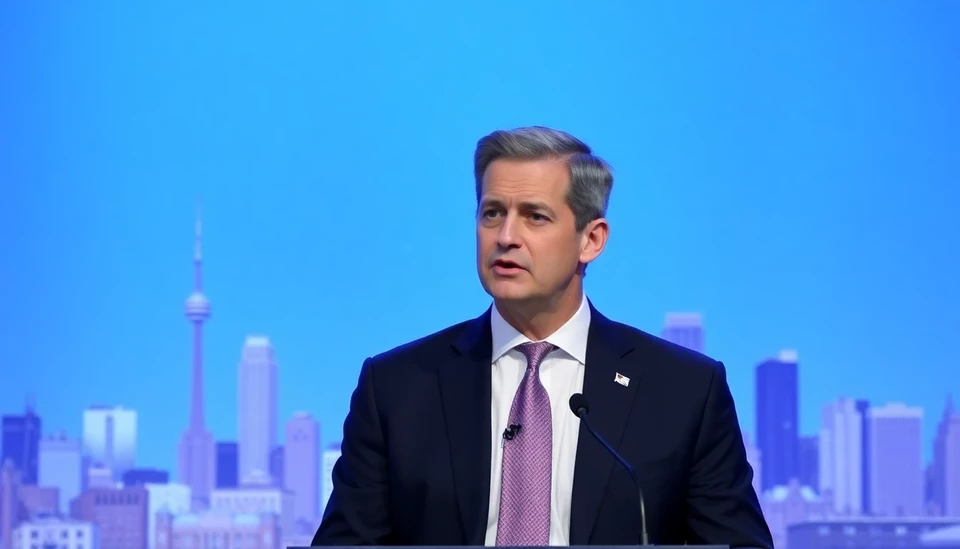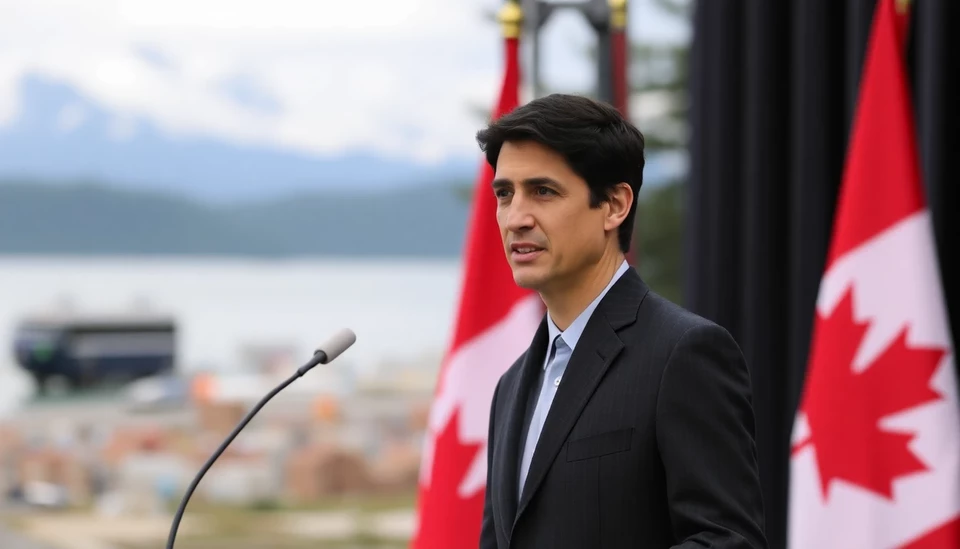
In a significant move that has raised concerns among residents of the U.S. Northeast, the Canadian government has implemented tariffs on oil exports, which industry experts predict will lead to an increase of $8 in heating bills this winter. The tariffs, aimed at addressing domestic supply issues and environmental concerns, are expected to have a ripple effect across the border, straining budgets for families already grappling with rising energy costs.
These tariffs come amid a challenging energy landscape where economic pressures and climate initiatives collide. The U.S. Northeast relies heavily on heating oil, especially during the frigid winter months, and any fluctuation in prices can have immediate and substantial impacts on households and businesses alike. Analysts are forecasting that the heating oil market in states such as New York, Massachusetts, and Connecticut will feel the brunt of these Canadian tariffs, resulting in a not-so-welcome increase in overall heating expenses for this season.
According to the latest reports, the tariffs could push heating oil prices up by an alarming 5% or more, producing a chain reaction throughout the energy market. This situation is particularly concerning as consumers are already facing heightened inflation rates across various sectors including food and fuel. The anticipated rise in heating bills adds another layer of anxiety for consumers already feeling squeezed by an uncertain economic climate.
In response, local officials and consumer advocacy groups are calling for transparency on pricing from suppliers to ease the burden on families. “People are struggling enough as it is; this additional cost due to external tariffs should not be the tipping point for many,” said a spokesperson from a regional energy advocacy group. They argue that more needs to be done to protect consumers from sudden price spikes that can drastically affect heating affordability.
Moreover, experts highlight that the impact of Canadian oil tariffs could extend beyond immediate heating costs. They warn this could lead to increased demand for alternative energy sources as families may seek to offset heating expenses by switching to electric heating or natural gas, if available. This shift can, however, impact investment requirements and the availability of infrastructure to support such changes in energy consumption patterns, potentially leading to a longer-term economic shift in how energy is consumed in the region.
Nevertheless, Canadian officials have defended the tariff implementation, emphasizing the need for sustainable practices within their oil production sector. They state that these tariffs are a necessary step toward ensuring that Canadian energy resources are managed responsibly, highlighting the importance of balancing economic incentives with environmental responsibilities.
As winter settles in, affected households will be keeping a close eye on their heating bills and the paychecks that support them. The upcoming weeks will be critical as families adjust their heating choices and budgeting habits in response to this unexpected cost increase, while advocates continue to push for measures that can help alleviate financial pressure on consumers.
In conclusion, the Canadian oil tariffs present a challenging scenario for families in the U.S. Northeast, underscoring the intricate connection between international energy policy and local economic realities. As authorities monitor the situation closely, one thing remains clear: the cold months ahead could feel a bit harsher than expected for many.
#CanadaTariffs #HeatingCosts #EnergyPrices #NortheastHeating #HouseholdExpenses #EnergyPolicy #ClimateInitiatives #InflationImpact
Author: Samuel Brooks



